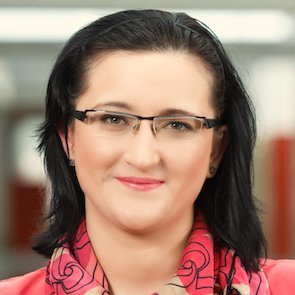
@marinkazitnik
Assistant Professor at Harvard | Faculty @Harvard @KempnerInst AI | Faculty @broadinstitute @harvard_data | Cofounder @ProjectTDC | @AI_for_Science

@marinkazitnik
Assistant Professor at Harvard | Faculty @Harvard @KempnerInst AI | Faculty @broadinstitute @harvard_data | Cofounder @ProjectTDC | @AI_for_Science